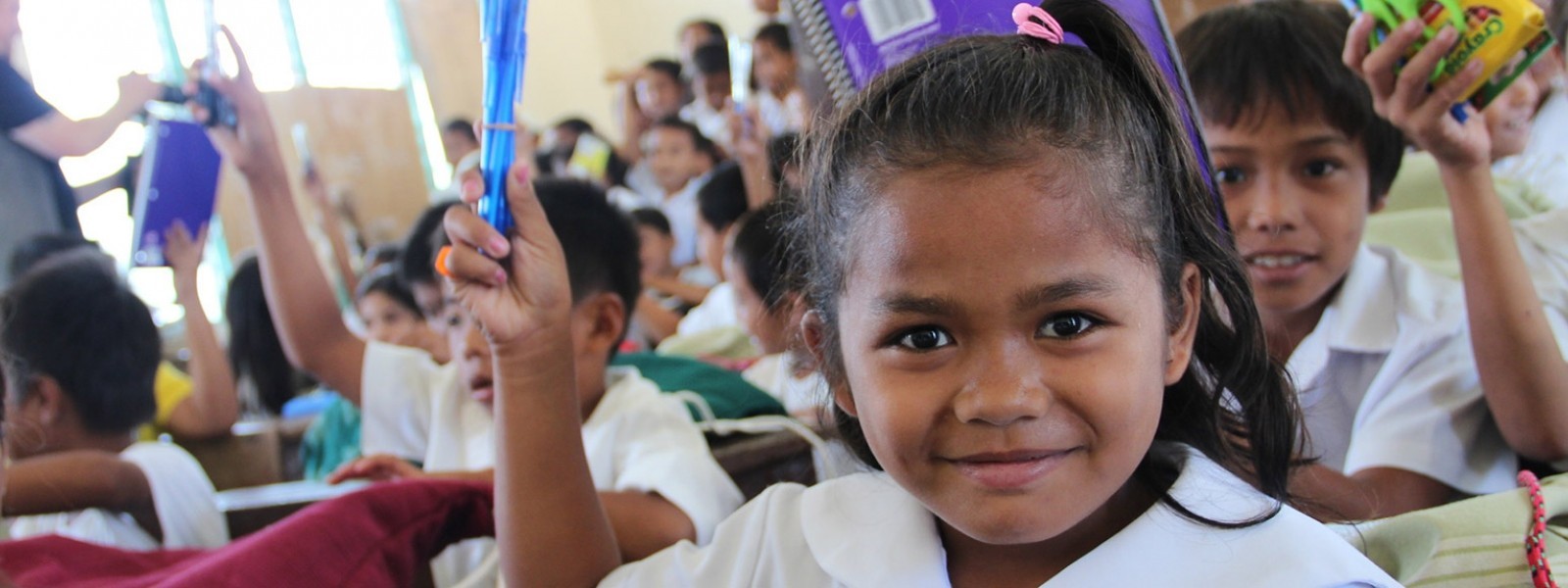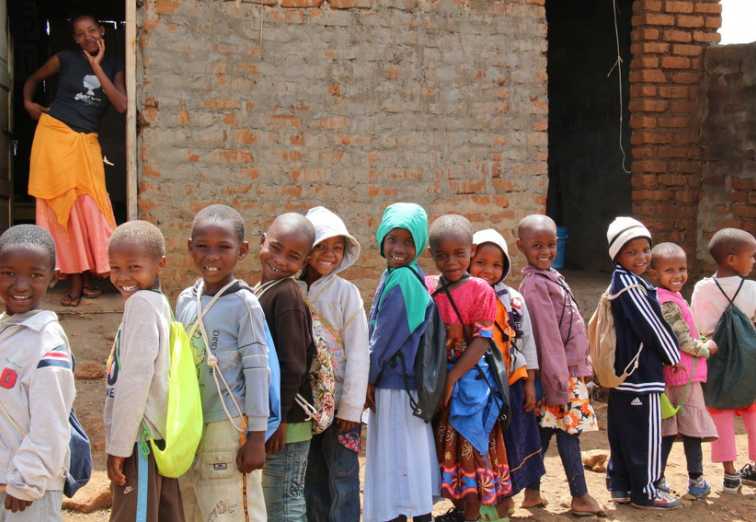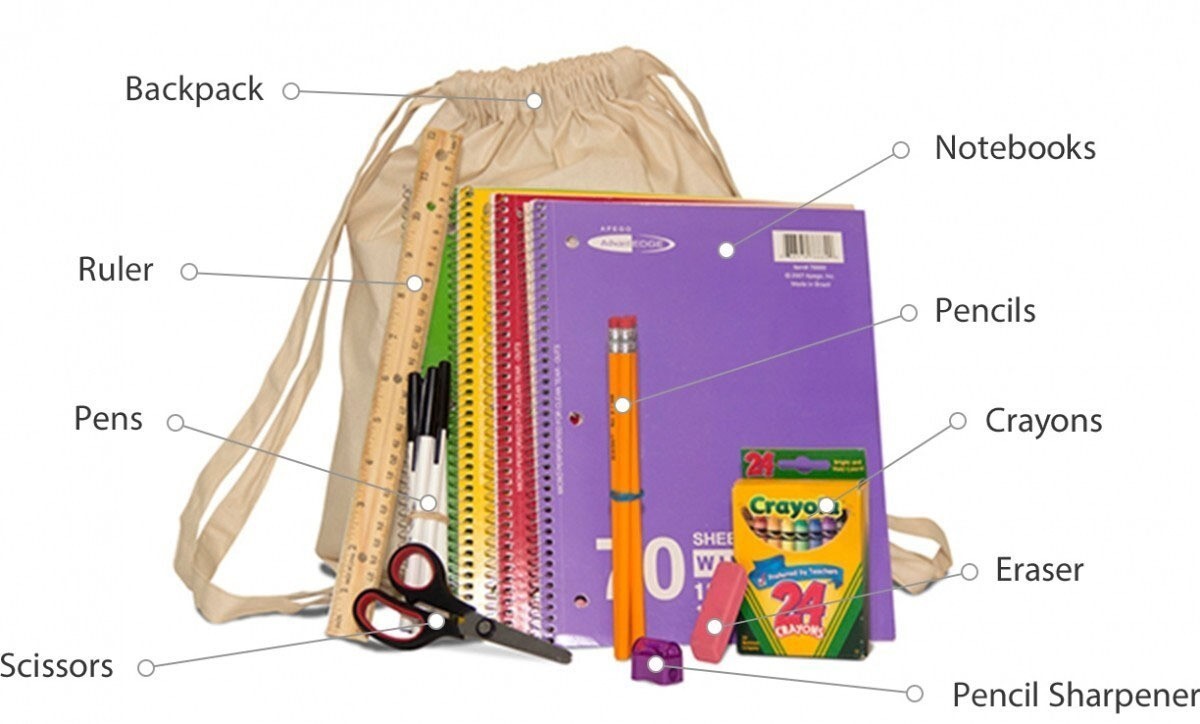
We need your help to make LWR School Kits
Education is one of the strongest tools a community has for breaking the cycle of poverty. Ensuring that girls attend school, especially in places where their access is deprioritized, has even stronger results. Lutheran World Relief School Kits contain essential supplies to help children — and in some cases, adults — continue learning in the face of serious obstacles. That learning leads to a better life for them, their families and their communities.
Lutheran World Relief School Kits are highly regarded throughout the world because of their quality and consistency. Your careful adherence to our kit assembly guidelines will ensure that all LWR School Kits are useful, consistent and fair.
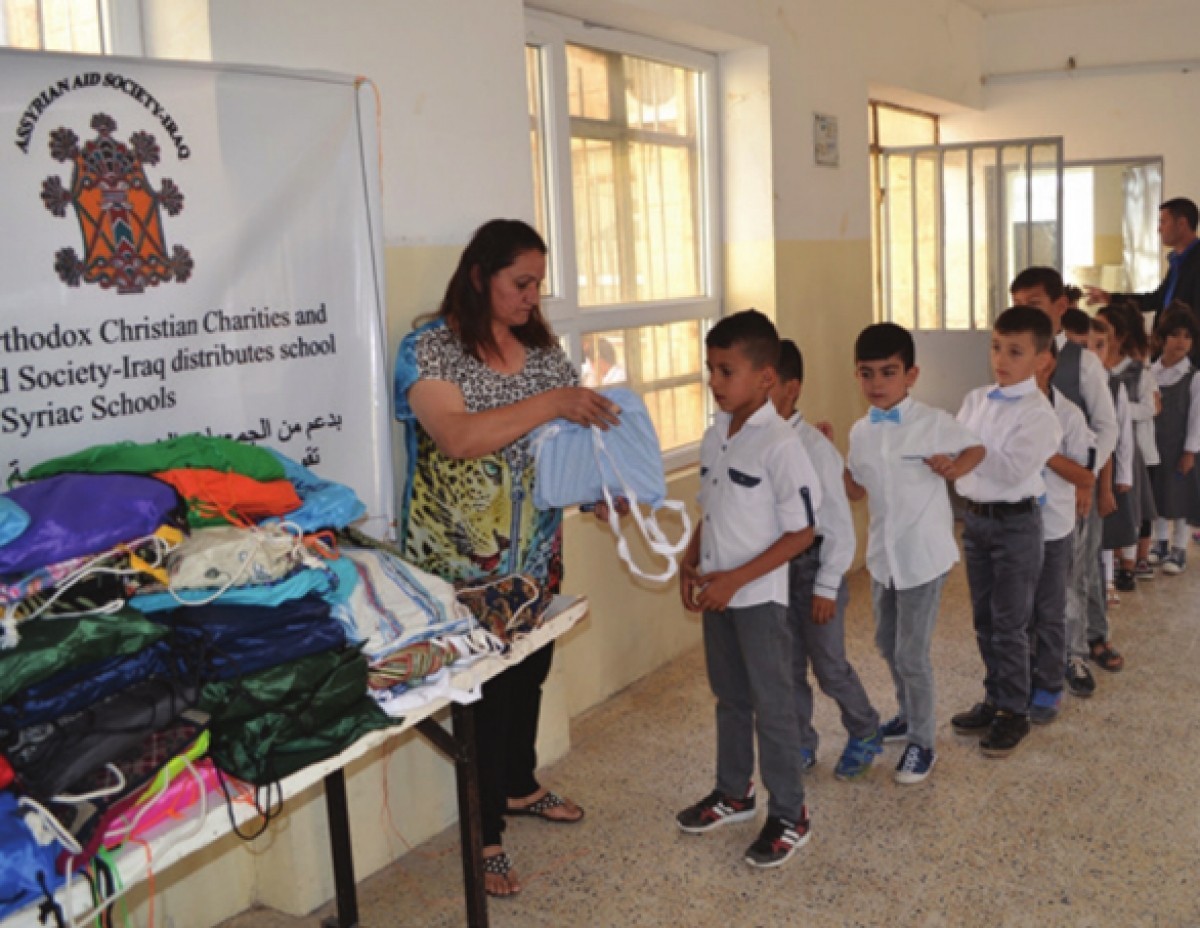
School Kits provide normalcy in times of crisis
In northern Iraq, many families were unable to buy school supplies for their children when returning to their homes after years of ISIS conflict. The students couldn’t complete their schoolwork; some skipped school entirely because they lacked basic supplies.
Thanks to a shipment of more than 13,000 LWR School Kits, students of all ages received what they needed to continue their education and return to the normalcy of a regular school routine. As school absences decrease and schoolwork is completed, students are beginning to heal from the trauma of witnessing violence and conflict.
Join Our Mission
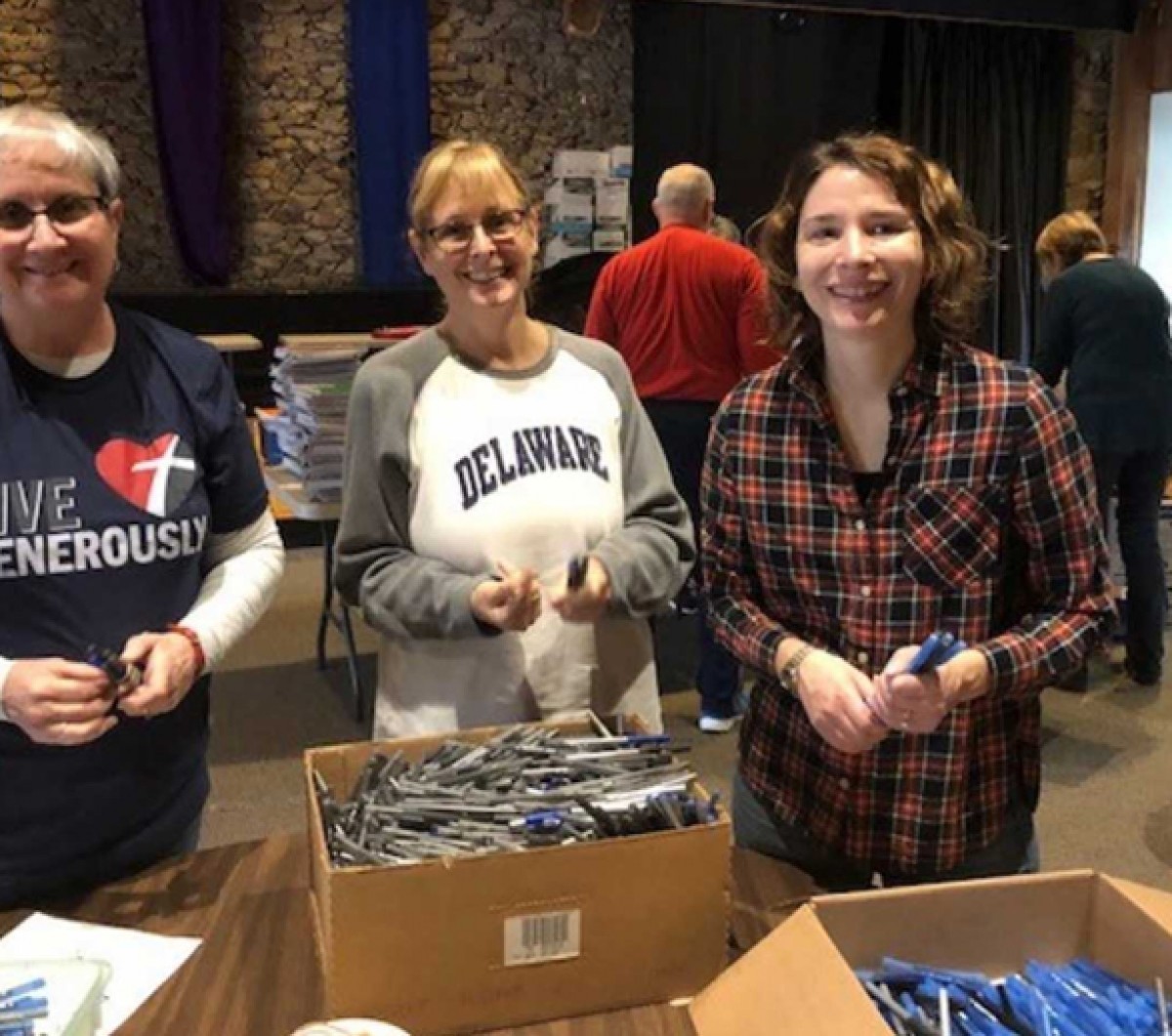
LWR School Kits make a great congregation-wide service project
In just two hours one Sunday afternoon, the members of St. Paul’s Lutheran Church in Lionville, Pennsylvania, assembled 599 LWR School Kits for children around the world.
The Social Ministry Committee spent six months planning for the kit-making event, involving the congregation and the wider community. The quilting group made the drawstring backpacks while other members shopped sales to gather supplies. At the event, the local Boy Scout troop packed the finished kits into boxes for shipping.
Sunday school children organized the supplies into stations. Then on the big day some 40 volunteers, age 5 to 89, created an assembly line, passing the bags from one station to the next until each bag was complete.


